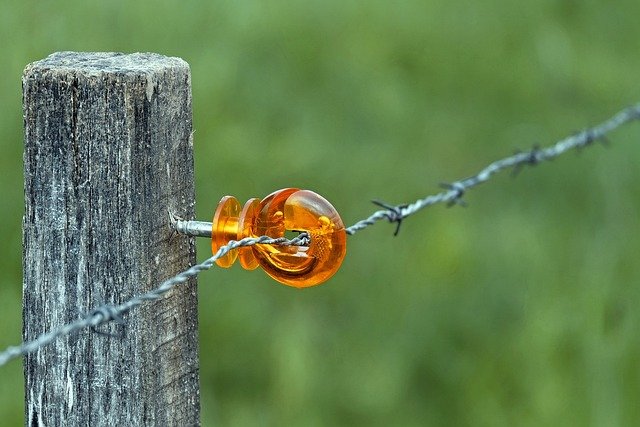The Importance of Fencing in Agriculture and Livestock Management
Fencing plays a crucial role in modern agriculture and livestock management, serving multiple purposes that benefit both farmers and their animals. From protecting crops to containing livestock, fences are an essential component of any successful agricultural operation. This article explores the various aspects of fencing in agriculture, including its benefits, types, and considerations for property owners.

What types of fences are commonly used in agriculture?
The choice of fencing material depends on various factors, including the type of livestock, terrain, and budget. Some common types of agricultural fences include:
-
Barbed wire fences: Economical and effective for cattle and larger livestock.
-
Woven wire fences: Suitable for smaller animals like sheep and goats.
-
Electric fences: Versatile and can be used for various livestock types.
-
High-tensile wire fences: Durable and low-maintenance option for cattle and horses.
-
Wood fences: Aesthetically pleasing but require more maintenance.
Each type has its advantages and disadvantages, and farmers often combine different fencing materials to meet their specific needs.
How does fencing contribute to property management?
Beyond livestock containment, fencing plays a significant role in overall property management for agricultural lands. It helps delineate property boundaries, preventing disputes with neighboring landowners. Fences can also be used to create separate pastures or paddocks, enabling rotational grazing practices that promote healthier grass growth and soil conservation. Furthermore, well-maintained fences enhance the aesthetic appeal and value of a property, which can be particularly important for farms that engage in agritourism or direct-to-consumer sales.
What factors should be considered when choosing a fence for agricultural use?
Selecting the right fence for an agricultural property involves considering several factors:
-
Type of livestock: Different animals have varying containment needs.
-
Terrain and climate: The fence must withstand local weather conditions and landscape challenges.
-
Maintenance requirements: Some fencing materials require more upkeep than others.
-
Cost: Initial installation and long-term maintenance costs should be factored in.
-
Local regulations: Zoning laws and agricultural codes may dictate fencing requirements.
-
Aesthetics: The visual appeal of the fence may be important, especially for properties visible to the public.
How can farmers ensure their fences are effective and long-lasting?
Proper installation and regular maintenance are key to ensuring the longevity and effectiveness of agricultural fences. Here are some tips for farmers:
-
Use high-quality materials suitable for the specific application.
-
Ensure proper tension in wire fences to prevent sagging.
-
Regularly inspect fences for damage and make prompt repairs.
-
Keep fence lines clear of vegetation to prevent damage and maintain visibility.
-
Consider using fence energizers for electric fences to maintain consistent voltage.
-
Educate livestock to respect fences, especially when introducing new animals to the property.
What are some reputable fence companies serving the agricultural sector?
When it comes to installing or maintaining agricultural fences, many farmers choose to work with professional fence companies. Here’s a comparison of some well-known providers in the industry:
| Provider Name | Services Offered | Key Features/Benefits |
|---|---|---|
| Red Brand | Woven wire, barbed wire, and high-tensile fencing | High-quality American-made products, extensive dealer network |
| Gallagher | Electric fencing systems and accessories | Innovative technology, comprehensive product range for various livestock |
| Bekaert | Wire fencing products and accessories | Durable coatings, eco-friendly options, global distribution |
| Kencove Farm Fence | Wide range of fencing materials and tools | Specializes in agricultural fencing, offers installation guidance |
| Zareba Systems | Electric fencing products | User-friendly designs, solar-powered options available |
Fencing is a critical aspect of agricultural operations, providing numerous benefits for livestock management and property protection. By carefully considering their specific needs and working with reputable providers, farmers can ensure their fencing solutions are effective, durable, and tailored to their unique requirements. Proper fencing not only enhances the functionality of a farm but also contributes to the overall success and sustainability of agricultural enterprises.






